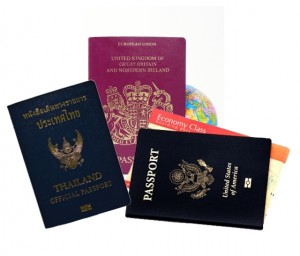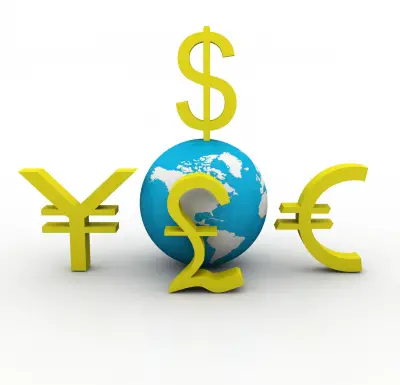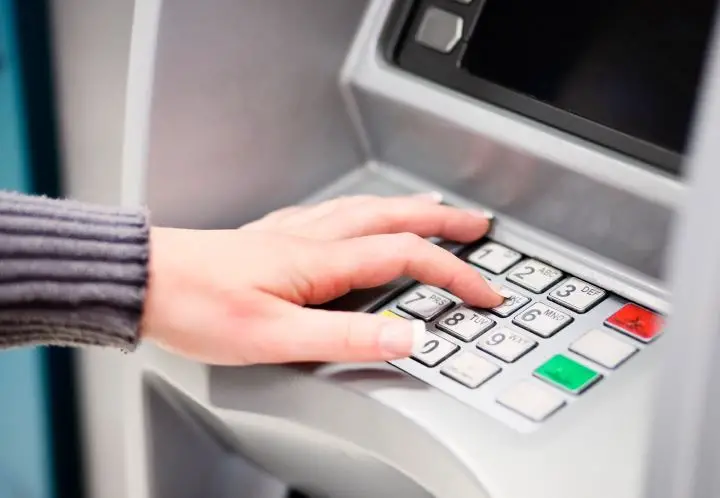Moving to a new country and beginning a new life can be exciting but it can also be a bit intimidating as you begin to realize all the little details that need to be considered. For instance, money and banking are essential parts of everyday life and are crucial when moving abroad – just as they are at home – and you need to look into the banks within your new country of residence. It may not be as simple as moving your money from your current bank to its international branch, in some cases an international branch may not exist. You should choose a big named bank in your new country so you have regular access to ATMs and have branches local to you.
 Banking abroad can be entirely different from banking at home. There may be a number of additional charges and slightly different requirements to hold and use an account. Make sure you read the small print and if possible speak to someone either at home or abroad who may be able to offer guidance. Many countries are still very much cash based necessitating frequent ATM withdrawals. This can get expensive if your main bank is located in another country. For this and other reasons it is good to have an account in a local bank as well.
Banking abroad can be entirely different from banking at home. There may be a number of additional charges and slightly different requirements to hold and use an account. Make sure you read the small print and if possible speak to someone either at home or abroad who may be able to offer guidance. Many countries are still very much cash based necessitating frequent ATM withdrawals. This can get expensive if your main bank is located in another country. For this and other reasons it is good to have an account in a local bank as well.
Although some countries require you to be physically present, and have local references to open an account, if at all possible, you should strive to apply for a foreign bank account three months before you make the move to ensure you can access your finances as soon as you arrive.
You also need to consider how you are going to transfer your money from home to the foreign account. The bank will offer to do this for you but they offer limited protection should the exchange rate drop unexpectedly. They may also be uncompetitive with the exchange rate, which is why you should be financially savvy.
You may want to consider using a financial transfer company such as World First to ensure you are getting competitive exchange rates. Depending on the country that you are moving to, you may also want to continue to keep the majority of your funds in your home currency (at your home bank) and then only transfer funds to your new country on a month by month basis. This could be helpful if you don’t trust the new country’s currency or banks. For instance if your home country has a strong (or strengthening) currency you will get a better exchange rate as time goes by. Also if your new country has a bank run or bank holiday or “Bail in” as happened recently in Cyprus you won’t have all of your money at risk. So by maintaining accounts in multiple countries you will “spread the risk” and not have all your eggs in one basket.
For further information on things to keep in mind when moving abroad worldfirst.com has created an e-Book guide to moving abroad. It not only includes information on setting up an international bank account it also covers ideas on taxes, home buying, schools, shipping, transportation, healthcare, jobs, language and more.
You may also like:
- 5 Good Reasons To Get Title Insurance
- Five Surprising Things the IRS Allows as a U.S. Tax Write Off
- Rebuilding and Fixing Your Credit in 5 Steps
- 8 Ways to Stick to Your Financial Resolutions
Image courtesy of Grant Cochrane, Lavoview and Arvind Balaraman / FreeDigitalPhotos.net.






